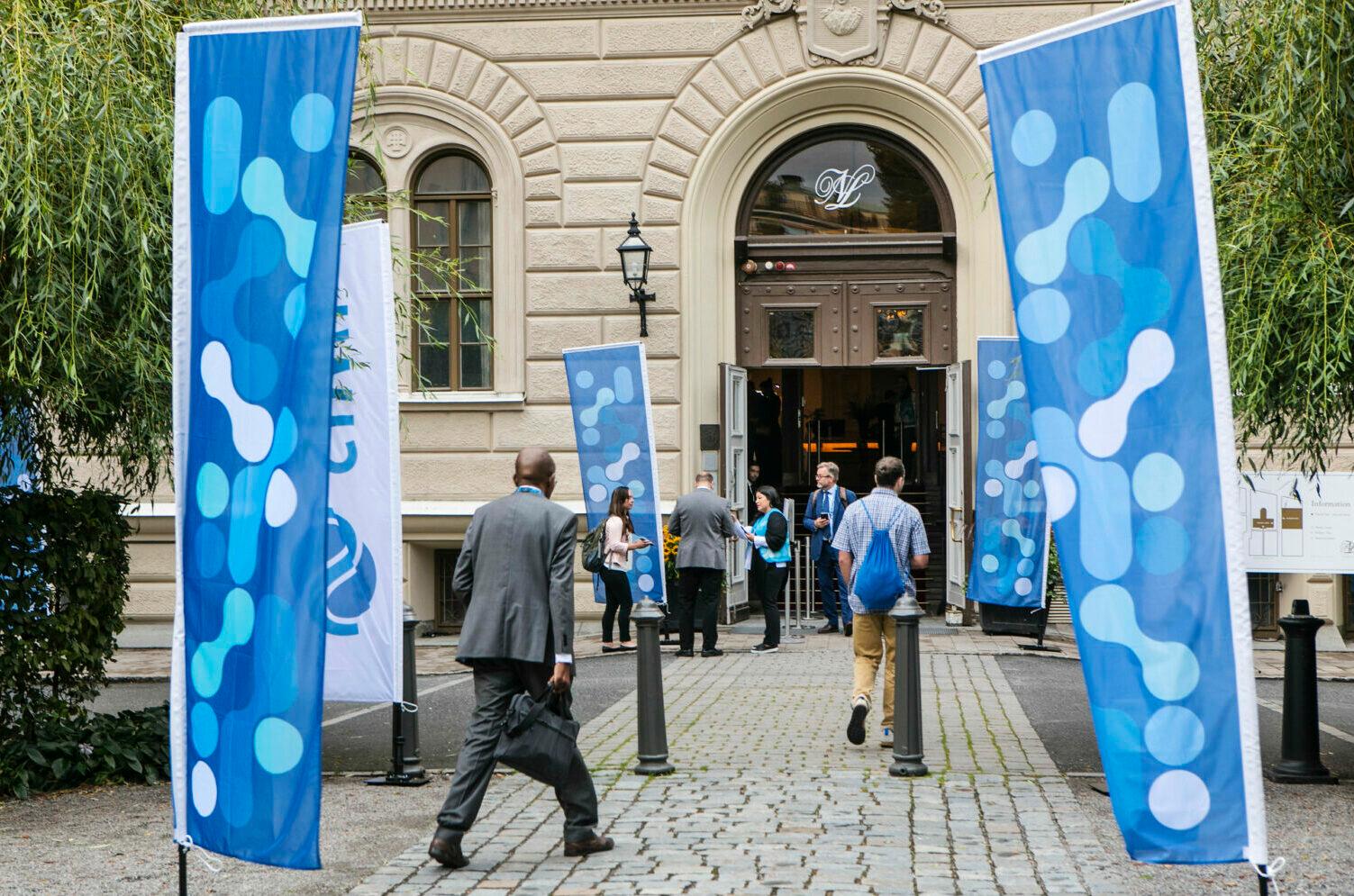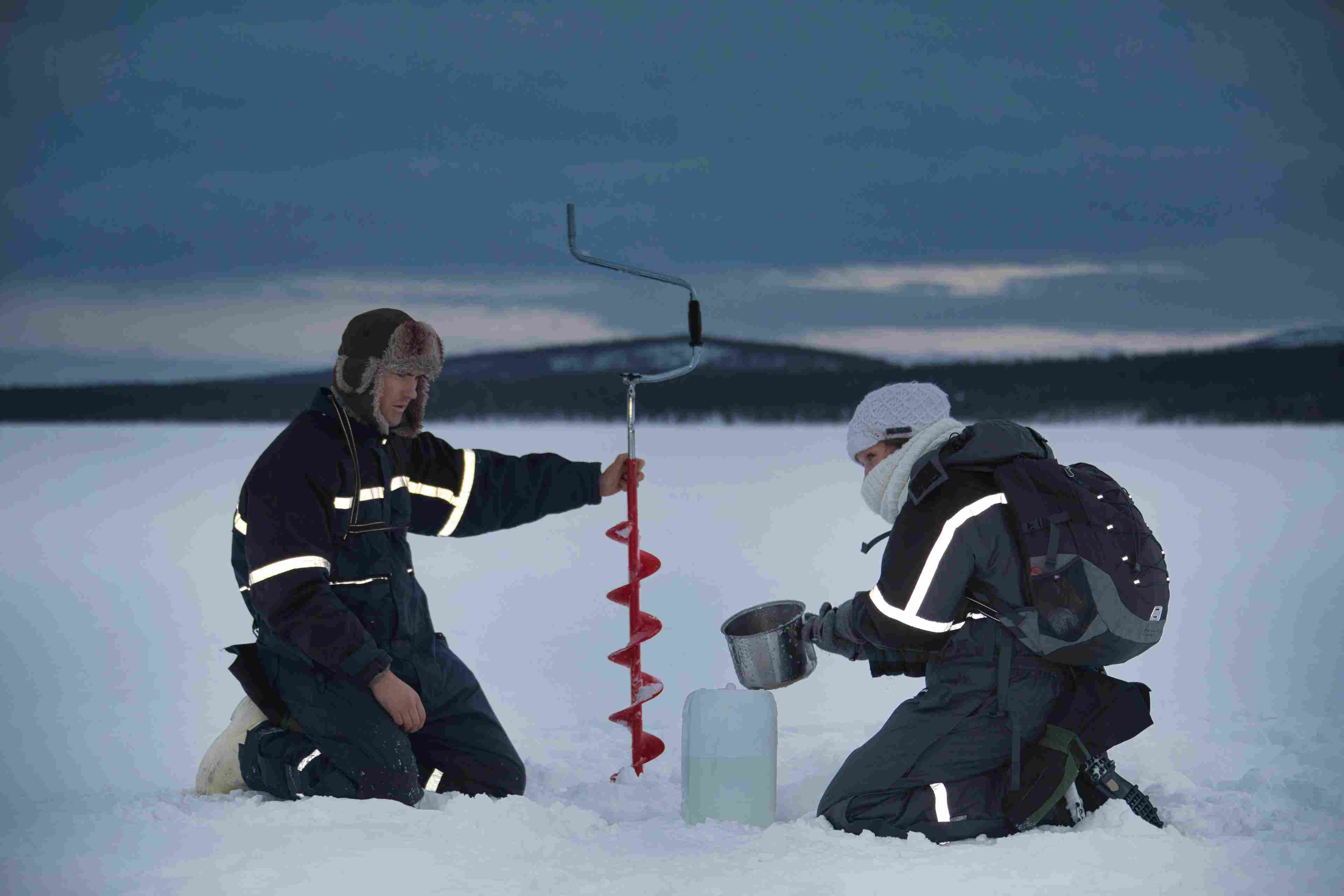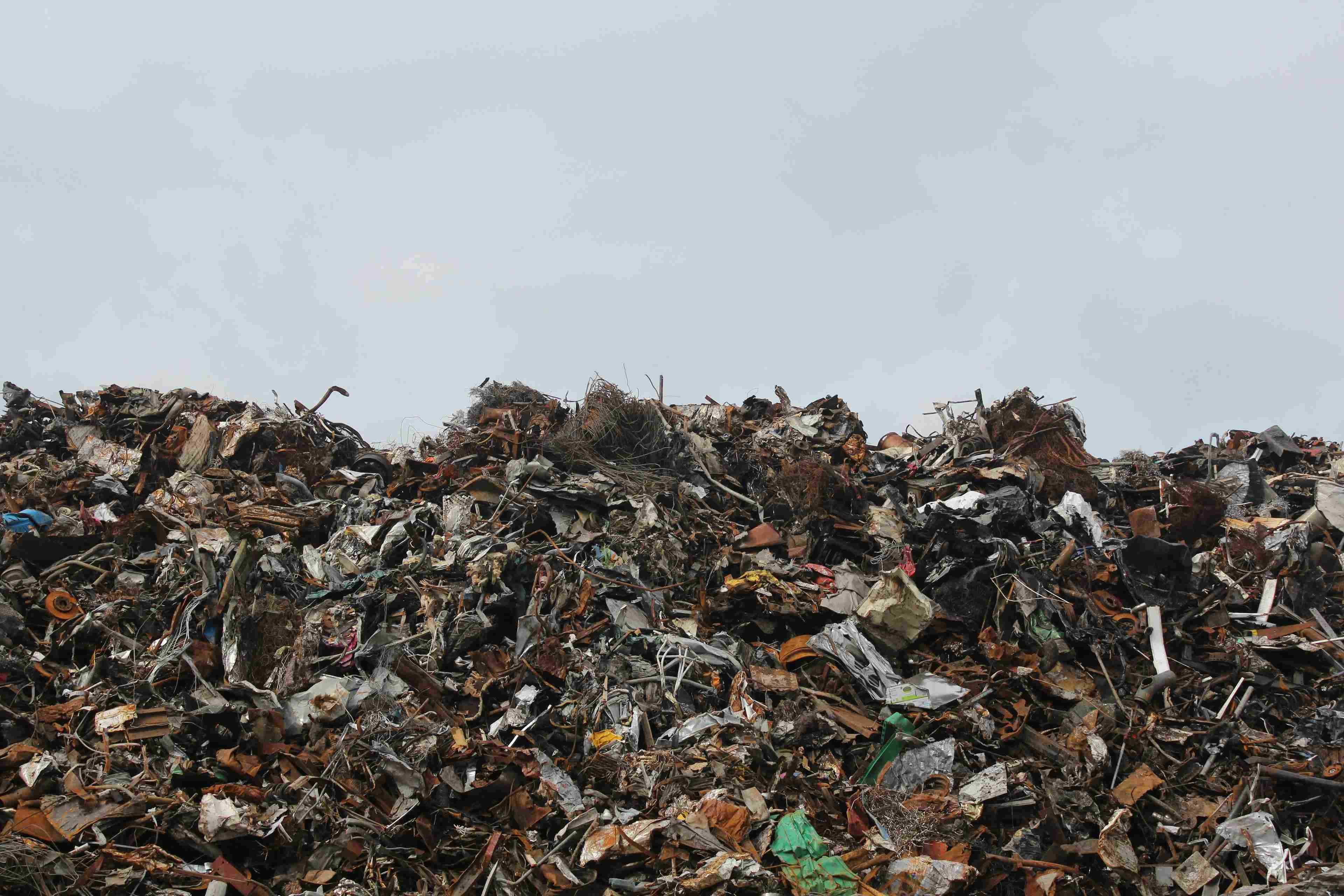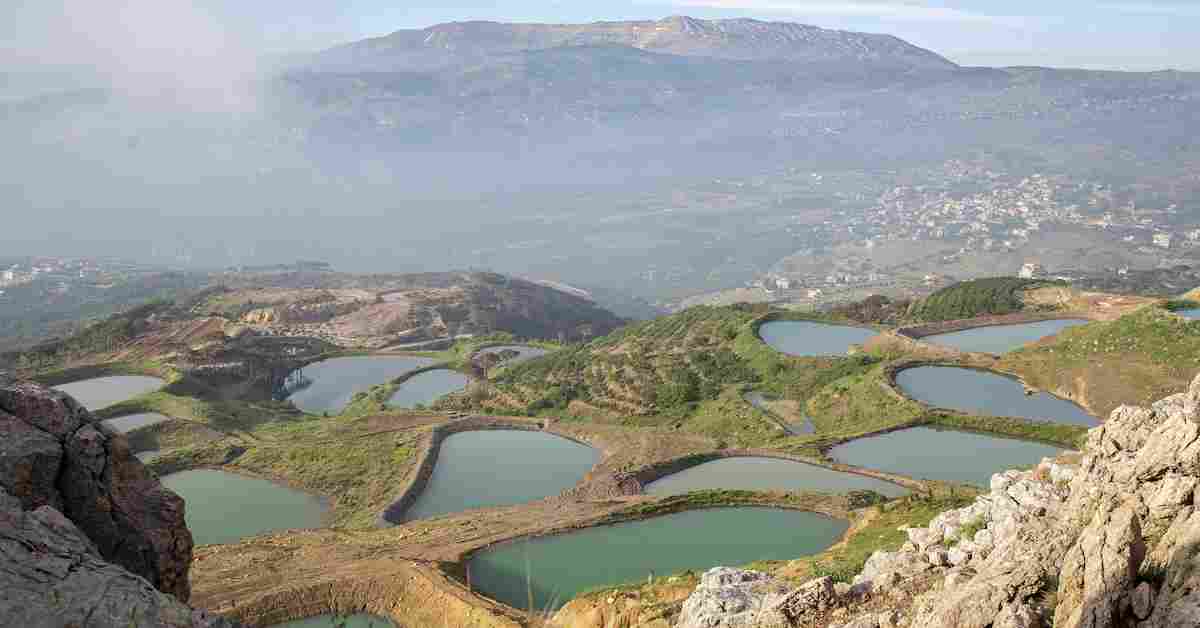
Stockholm (Enmaeya News) — World Water Week 2025, the global forum on water issues, was held from August 24 to 28 in Stockholm, Sweden. Organized annually by the Stockholm International Water Institute (SIWI) since 1991, this year’s theme, “Water for Climate Action,” spotlighted the urgent intersections between water management and climate resilience. The Week gathered a diverse mix of stakeholders—policymakers, scientists, UN agencies, NGOs, business leaders, youth innovators, and indigenous representatives—from around the world
UN Special Envoy on Water, Retno L.P. Marsudi, called for transformative, cross-sector collaboration aligned with the Global Stocktake framework to elevate water’s role in climate strategies. Key policy leaders from the EU, UNICEF, and Green Climate Fund also engaged in high-level dialogues to connect global policy with local implementation.
1. Spotlight on River Restoration: The Clean Ganga Mission
The Clean Ganga Mission stood out as a highlight, showcasing India’s successful river revitalization efforts with solar-powered sewage plants, wetland rejuvenation, and riverfront development. This initiative was presented as a scalable model for climate-resilient urban water systems globally.
2. Innovations in Water Stewardship for Business
Businesses took center stage in applying science-based freshwater targets. LimnoTech led sessions illustrating how companies integrate biodiversity gains into water management strategies using frameworks like Biodiversity Benefit Accounting (BioBA) and water stewardship tools.
3. Tackling Contamination with Applied Science
RTI International presented new research tackling lead contamination in drinking water across sub-Saharan Africa and launched a cloud-based Watershed Flow and WaterFALL® modeling tool for managing flood and water quality impacts in watersheds.
4. Financing Water: “Tap, Invest, Transform”
Co-hosted by UN-Water, IFAD, UNICEF, and others, this forum explored equitable financing models for water and sanitation infrastructure. Featured themes included blended finance mechanisms, closing funding gaps in underserved areas, and fostering multi-sectoral partnerships to achieve universal access.
5. UN Insights: Driving Accountability Across Water and Climate Forums
Seminars facilitated by UNEP and SIWI emphasized linking global commitments—from UN Water Conferences to COP—directly to regional and local action. Participants discussed frameworks for carrying forward transparency, monitoring, and shared accountability across sectors and future summits.
World Water Week 2025 forged forward-thinking, action-oriented outcomes—from river restoration exemplars and corporate stewardship tools to watershed modeling, financing strategies, and global accountability frameworks. These form a strong foundation as the global water and climate community prepares for the UN Water Conference 2026 and beyond.






